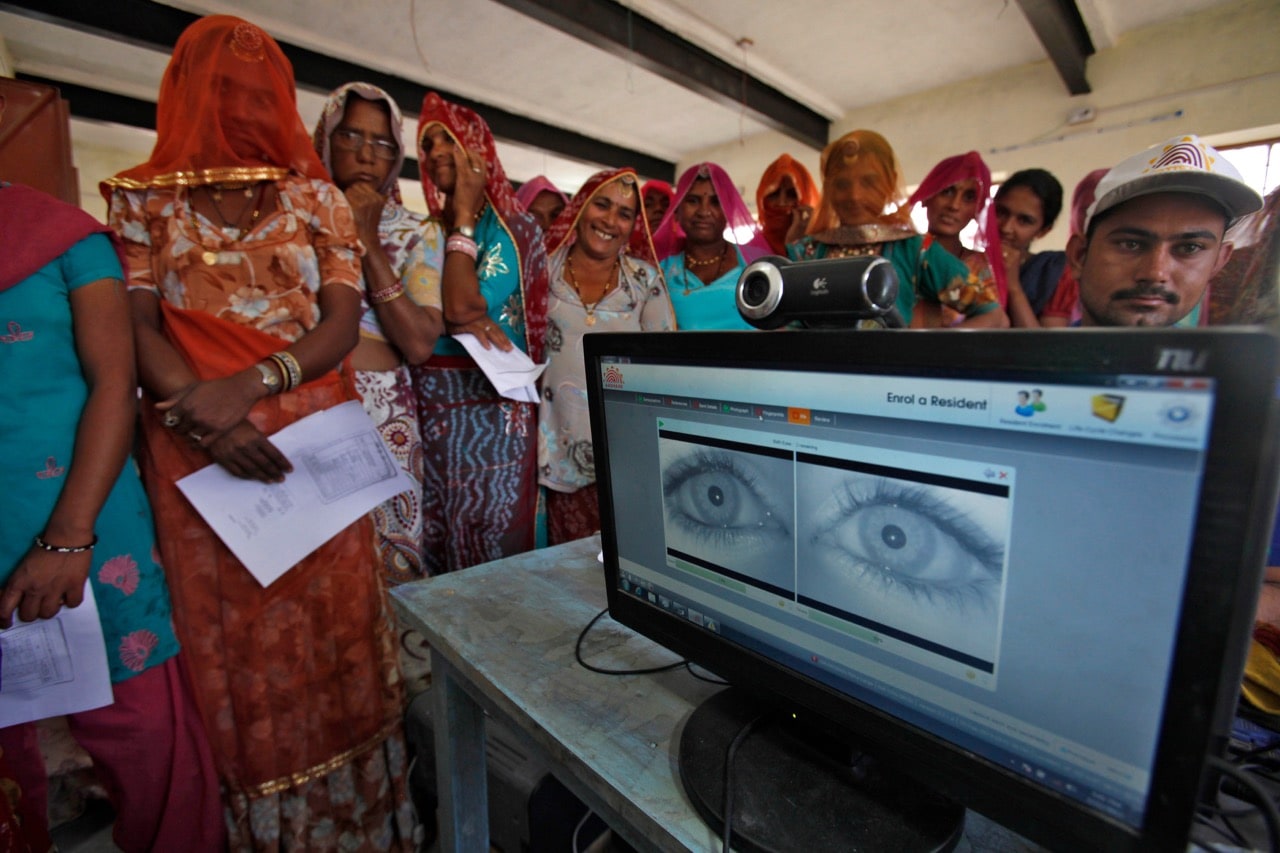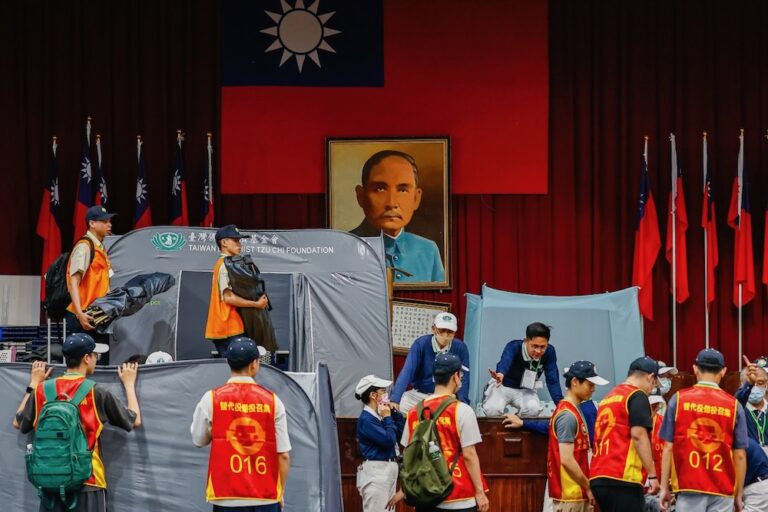Maldivian bloggers harassed abroad, Australia spies, China collects, India leaks and South Asia's shutdown.
As Indonesia hosted World Press Freedom Day celebrations on 3 May, press freedom groups in Asia and the Pacific bemoaned the threats against journalists and free expression, including in the host country. Reports of journalists deported from West Papua – where a freedom movement has meant military control, censorship of the media and brutal crackdown of activists – mar the often praised strides made in Indonesia and its press freedom record. The Alliance of Independent Journalists, or Aliansi Jurnalis Independen (AJI), condemned the deportation of six Japanese journalists who were on a mission to shoot a documentary in Papua, as well as two Swedish journalists covering a rally in Jakarta that had been organised by a group supporting the national council of ulamas (religious leaders).
These incidents add to the 72 cases of violence and intimidation against journalists recorded over the year up to April 2017. Meanwhile, the Southeast Asian Press Alliance described the situation in the region as witnessing a ‘devastating decline’, based on reports from nine countries. In Vietnam, blogger Pham Doan Trang writes that the 12th Vietnam Communist Party Congress in early 2016 placed more party conservatives in senior government positions, which could explain the intensive crackdown on bloggers and activists later in the year.
In Australia, the Media, Entertainment and Arts Alliance (MEAA) criticised the spying on journalists, authorities’ access of journalists’ phone call data without a warrant, the lack of source protection and major cutbacks by media houses. Its report, entitled The Chilling Effect, highlighted the role of parliament in this downward trend, as it gave the mandate for the government to secretly use metadata to pursue whistleblowers.
In Mongolia, the Globe International Center welcomed the adoption by the government of recommendations made at the country’s Universal Periodic Review in 2015 on improvements regarding freedom of expression. The organisation noted in its annual report that more than half of the 63 cases of threats against journalists were experienced by those working online, and most were perpetrated by politicians, the authorities, public officials and public bodies.
In Pakistan, the Pakistan Press Foundation (PPF) reported the growing determination by various branches of the state to control the media. It criticised the insincere attitude of the government for dumping repressive provisions into draft legislation on the protection and welfare of journalists, as well as the use of anti-terrorism and cybercrime laws to stifle expression. On a positive note, the PPF commended the regional government in Sindh for enacting a right to information law and appointing a focal person to monitor and follow up on crimes against journalists and media houses.
Digital rights
In the Maldives, the authorities are extending their crackdown on netizens living abroad, believed to be at the behest of establishment politicians calling for actions against those deemed to be secularists who insult Islam in their writings. According to Global Voices, Maldives police issued arrest warrants, publicised in the media and public tweets, for four independent bloggers and activists – Muzaffar Naeem, Hani Amir, Dr. Azra Naseem and Aishath Velezinee.
The move comes on the heels of the high profile killing of blogger Yameen Rasheed on 23 April 2017 in the country’s capital, Male. Naeem told the Maldives Independent that the summons were part of a witch hunt for secularists, referring to the Parliament Majority Leader Ahmed Nihan’s recent statement that Maldivians who insult Islam should face the fullest extent of the law. Naeem had written a letter to the government after Rasheed’s death, and believes that, and a podcast he appeared on with the Secular Jihadists from the Middle East, could also be the reasons for the crackdown.
Wow, less than a day after writing an article in support of murdered blogger @yaamyn , @PoliceMv wants me for questioning! #WeAreYaamyn https://t.co/5radLVwBv6
— Hani ???? (@Burakashi) May 29, 2017



